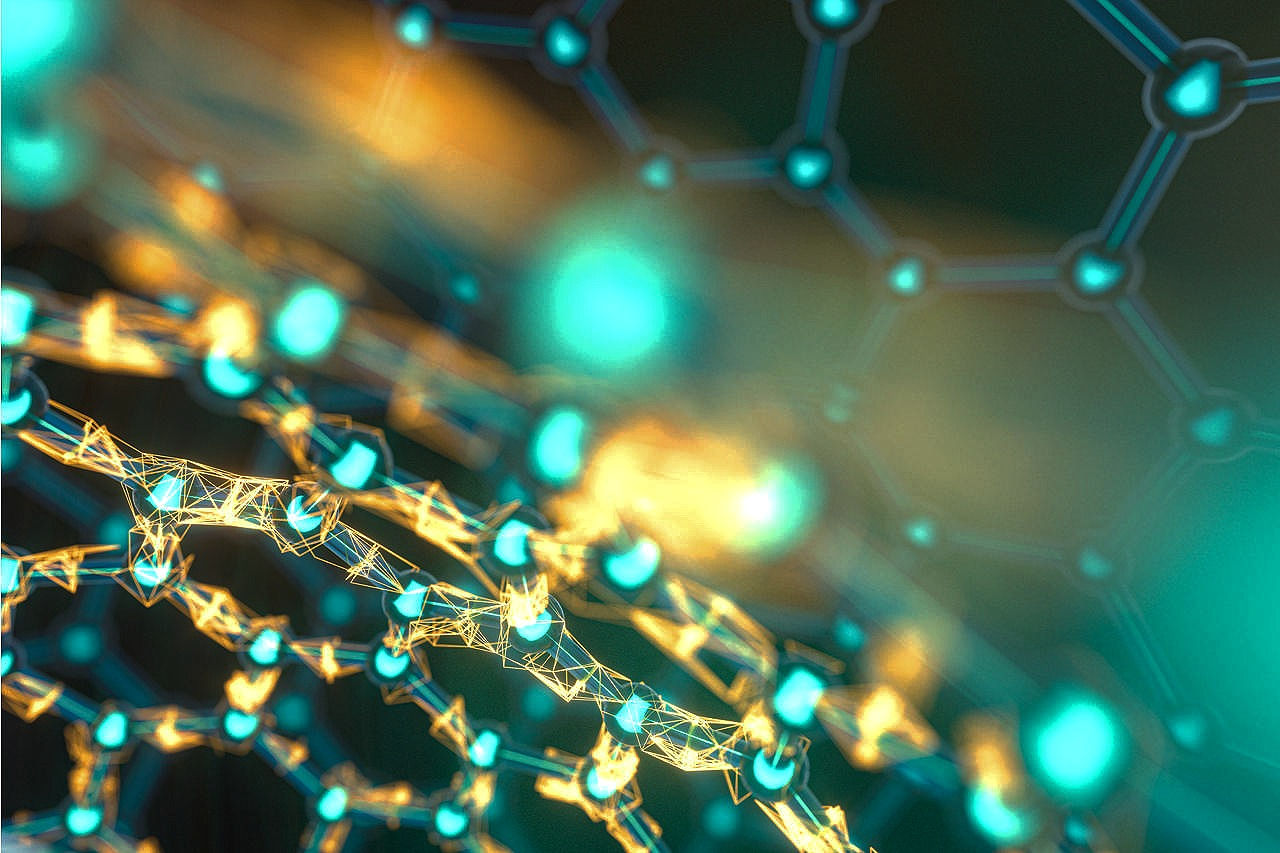
DESIGN NUCLEIC ACID & DRUG DELIVERY SYSTEM
DRUG DELIVERY SYSTEM:
In the last decade, the medical world has seen and studied the complexity and pathophysiology of many diseases in-depth, to give a better line of treatment to the patients and specifically target the infected and affected cells.
The explosion of technology in the drug development and delivery field has resulted in a growing role of synthetic biology in studying and copying disease traits. It is known that genetic variation contributes to almost all human diseases, such as diabetes, obesity, cardiovascular diseases, infection, neurological diseases, and cancer.
The key to understanding the mechanism of complex diseases and their cure is by establishing causal relationships between genes, gene products, protein states, metabolites, and complex phenotypes like human diseases. Synthetic biology is emerging as an important discipline with the potential to impact several academic and industrial applications including the creation of novel therapeutics, materials, biosensing, and manufacturing capabilities.
The engineered systems of genes and other molecular components created with the help of Synthetic Biology make the therapeutics more effective and promise cures for a wide range of health problems. Synthetic Biology has shown its worth by claiming many accomplishments to its credit. One of which is the development of synthetic genetic systems which yielded diagnostic tools like Bayer’s branched DNA assay which helps to improve the care taken of patients infected the HIV and Hepatitis Viruses.
The main objective of synthetic biology is to design and build new biological products and organisms to overcome healthcare challenges.
Synthetic cell therapy is an upcoming field that has broad future applications in human diseases treatment. The next-generation therapies will consist of engineered bacterial strains that will be capable of diagnosing diseases, producing and delivering therapeutics, and controlling their population and safety risks.
Looking at the development of drug delivery systems over years, its main focus lies in improving the delivery of the drug dose at the site of action. In current times, In vivo and delivery via cell therapy has been preferred over systemic treatments.
The reasons that synthetic cell therapy is a better drug delivery system are:
1) The required dosage decreases a lot because the therapeutic effect is directly delivered to the site, without excessive travel. This results in reducing the side effects at the site of delivery and across the body.
2) The route of administration is less invasive than intravenous and subcutaneous injections.
3) Possibility of Combination Therapy by the production of multiple therapeutic agents by the same cell simultaneously.
4) More cost-effective as it avoids the need to undergo purification and formulation into active compounds.
Synthetic Biology allows the devices and materials to be independent and responsive because of which the signals sent by the body are immediately received and the therapeutic process starts earlier. This leads to a feedback loop of the synthetic device and the body. Many ongoing studies have had a breakthrough in this field, but the challenges keep on coming. Whether it’s the containment of the GMOs or the safety.
It is believed that shortly the synthetic bacterial therapy systems will likely involve the production of therapeutic proteins or peptides. In near future, Synthetic bacterial antigen delivery systems will be considered as inexpensive treatments and will replace traditional purified antigen formulations. With an overwhelming potential, synthetic Biology can be the face of drug delivery systems in the coming ages.
